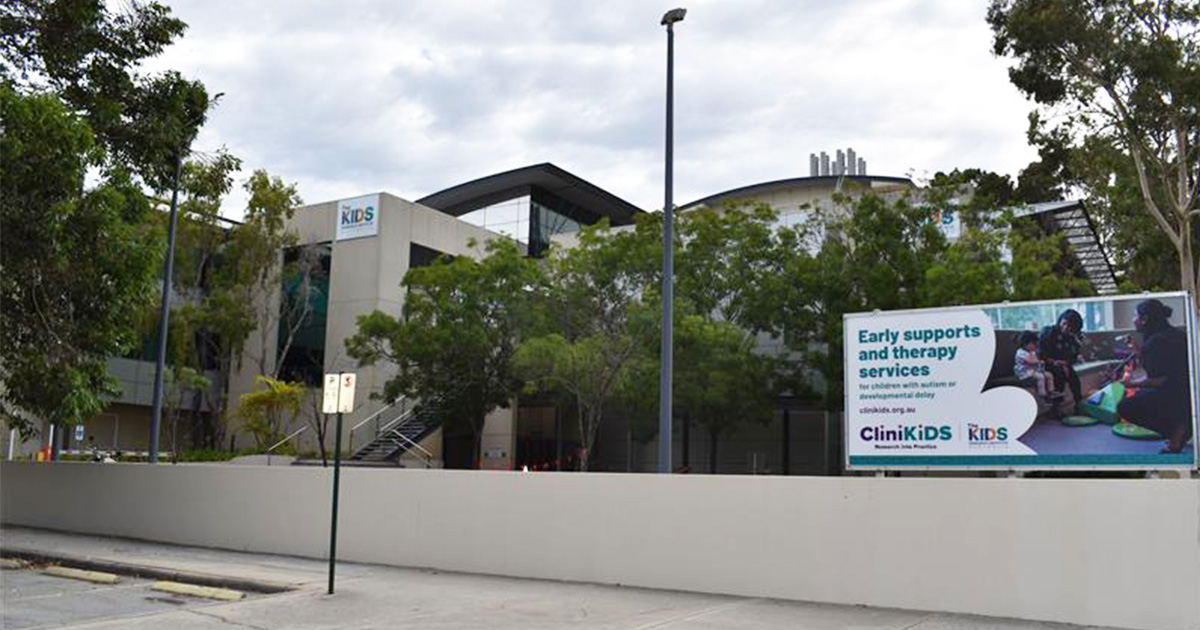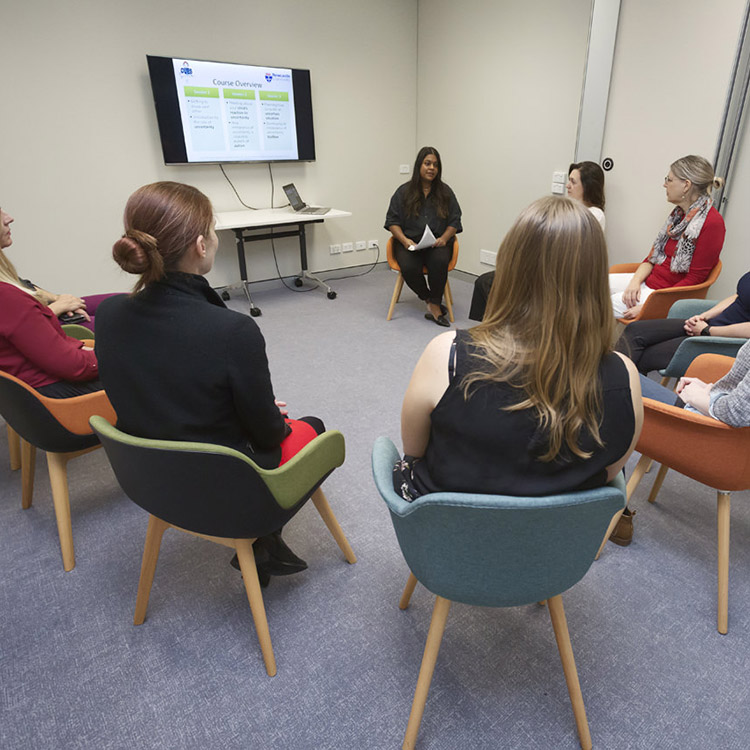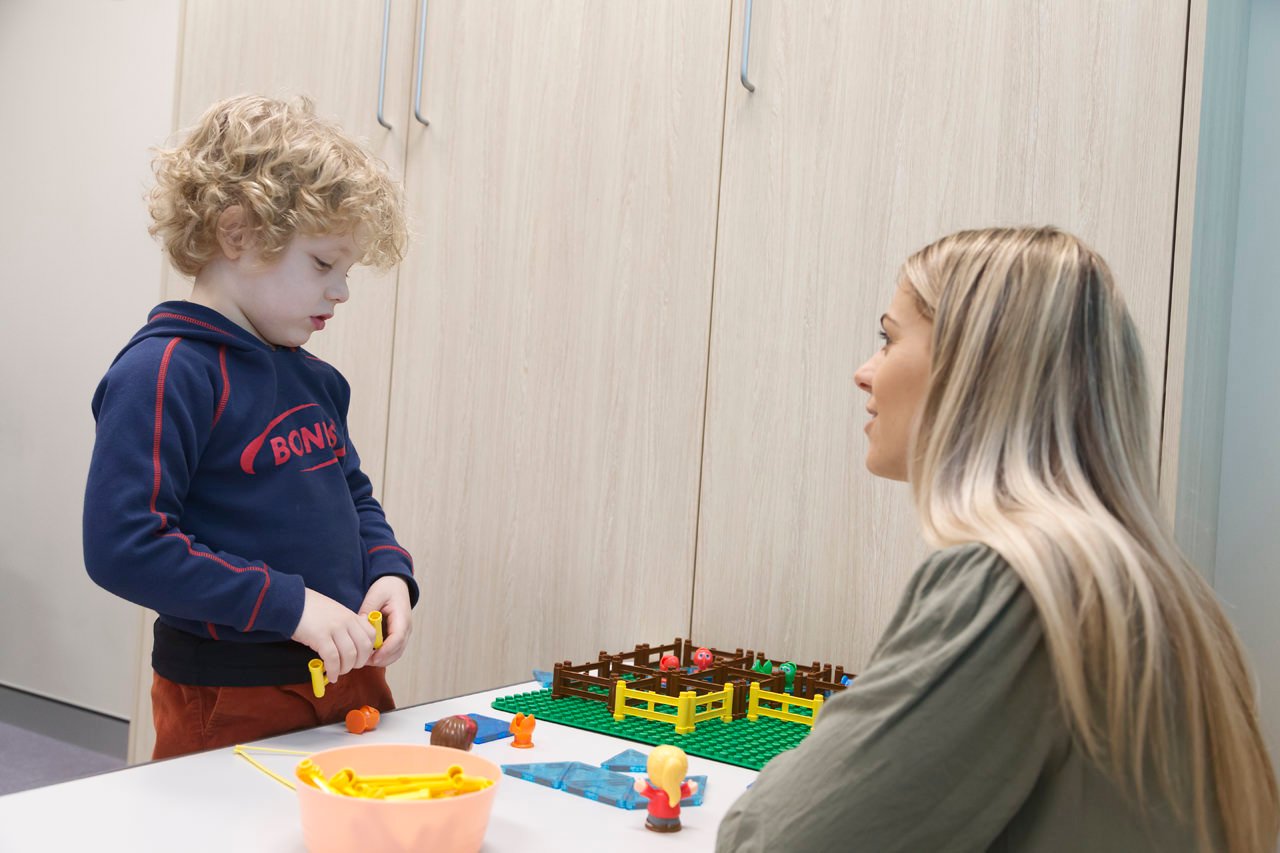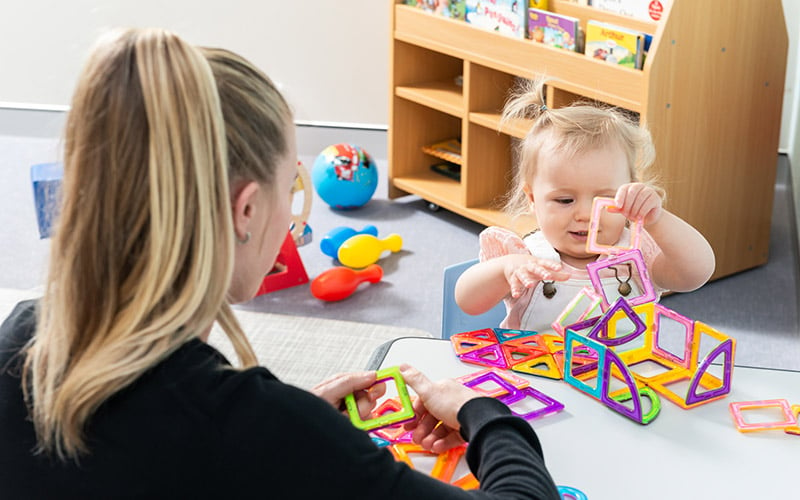Search




CliniKids has clinics in Subiaco and in Joondalup
Find out more about Paediatric Occupational Therapy services at CliniKids.

CliniKids runs training in a range of areas for clinicians and autism professionals in addition to workshops for parents, caregivers and families.
CliniKids is putting the ‘evidence’ in evidence-based practice by providing families access to the best scientific-backed therapies as quickly as possible so that all autistic children have the chance to reach their full potential.

Find out more about Paediatric Autism Communication Therapy training for allied health and autism professionals at CliniKids.

Learn more about the TOTS Study at CliniKids
Learn more about the LAMP Study at CliniKids
